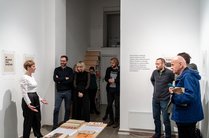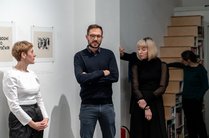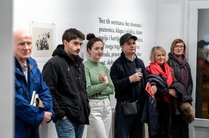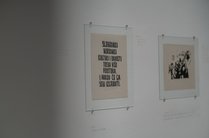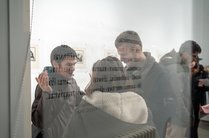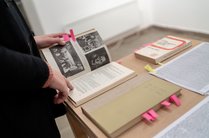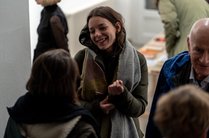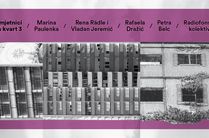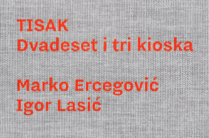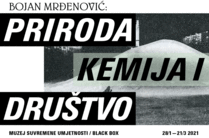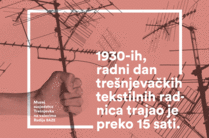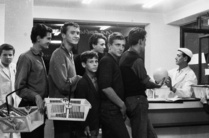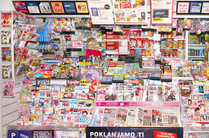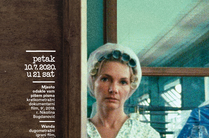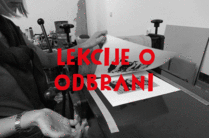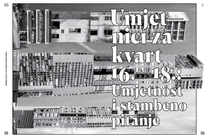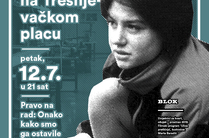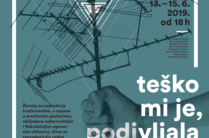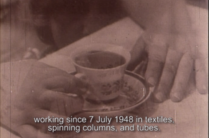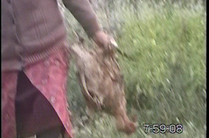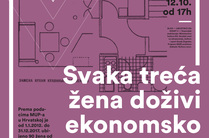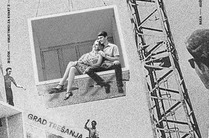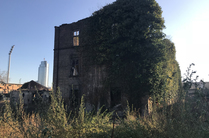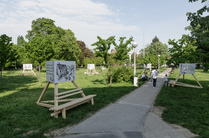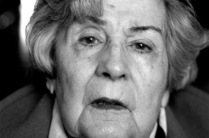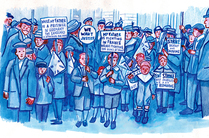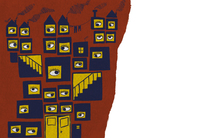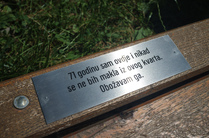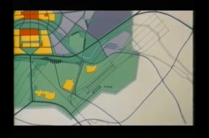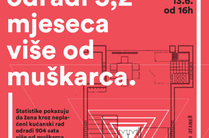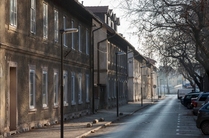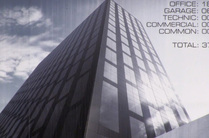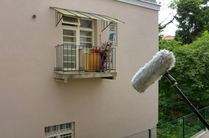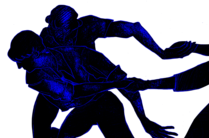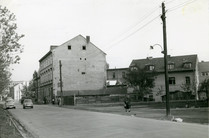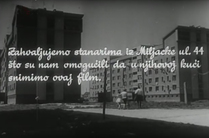KURS: LESSONS IN DEFENCE
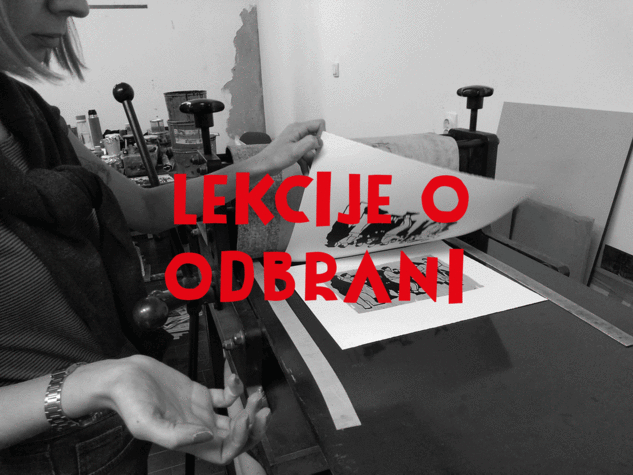
exhibition
04/12 – 21/12/2019
BAZA, B. Adžije 11, Zagreb
opening: Wednesday, 04/12/2019, 7 PM
working hours: Tuesday through Saturday, 4 – 20 PM
The "Lessons in Defence" exhibition is a new step in KURS’s years-long study of culture in the National Liberation Movement. Photographs, archival materials and research insights from previous stages are translated into the language of art as a series of graphics accompanied by texts.
The intention is to broaden the significance of this historical example, an art practice within the framework of revolutionary struggle, and to raise contemporary questions from this position in markedly unfavourable times. Therefore, in contrast to those who would readily label Partisan art as monolithic and reduced to the function of propaganda, KURS illuminates the full breadth of the path the revolution has taken. The scope of the process entailed by the construction of a new society facilitated the raising of a host of issues pertaining to the arts and culture, which transcend the artist’s individual expression and positions: literacy, women’s status, the inclusion of the masses in cultural production, the rejection of folk art by the canon, etc. The narrative of the exhibition is based precisely on this imperative of democratisation, with particular focus on the production and organisational aspects of cultural work. The technique of graphics was chosen in accordance with this imperative, since it was most readily available to the artist-cum-fighter (without special technical means in the field), as well as to the audience – primarily due to its reproducibility and simplicity.
KURS started its "Lessons in Defence" research back in 2014, while preparing murals at the Metelkova Museum of Contemporary Art in Ljubljana. During its initial phase, the focus of the research was on the organisation of cultural life and cultural production in the liberated territories, specifically at the time of the Republic of Užice and its impact up until the second session of the AVNOJ, and was presented in the book entitled "Lekcije o odbrani. Prilozi za analizu kulturne delatnosti NOP-a" (Lessons in Defence. Contributions to the Analysis of the Cultural Activity of the National Liberation Movement) (2016). During the second phase, the focus shifted on the events following the second session of the AVNOJ, when cultural activity was given a new role with the emergence of the socialist state. This part of the research was rounded off by a conference and a collection of papers entitled "Lekcije o odbrani. Da li je moguće stvarati umetnost revolucionarno?" (Lessons in Defence. Is it possible to create art revolutionarily?) (2017).
In both cases, primary sources and archival materials remained at the core of the research, but KURS’s approach remained artistic in order to focus its findings on the production and organisational aspects of cultural activity from the perspective of the artist-producer (as opposed to that of an academic researcher) and to tendentiously call for a re-reading of this episode of art history. As the artists point out in their text, "We cannot give definitive answers to the questions raised in this research, as they require a broader study and a longer time frame, but the data and reflections presented here open up this field to new studies, which may provide some new guidelines for understanding the role of culture and art in revolutionary and social movements."
Miloš Miletić and Mirjana Radovanović, as KURS, work together as visual artists and researchers. Their practice focuses primarily on the question of how artistic practice can contribute to social struggles and become their integral part. As a starting point, they often use archival materials in combination with poetry/prose and the visual language of revolutionary struggles and progressive movements of the past, which they translate into contemporary artistic and political contexts. Most often they produce murals, illustrations and various printed materials (newspapers, posters and graphics). They are guided by the idea that the content they produce should be didactic and accessible to the widest audience possible. They believe that the field of art can and should be part of a broader political struggle for a more equal society.
curators: Barbara Gregov, Dunja Kučinac, Vesna Vuković
installation: Branko and Nina Bačun
The exhibition is financially supported by the City of Zagreb Office for Education, Culture and Sport, and the Ministry of Culture of the Republic of Croatia.
BAZA’s annual program is supported by the Kultura Nova Foundation.
BLOK is a beneficiary of the institutional support for the development and/or stabilisation of organisations provided by the National Foundation for Civil Society Development.
